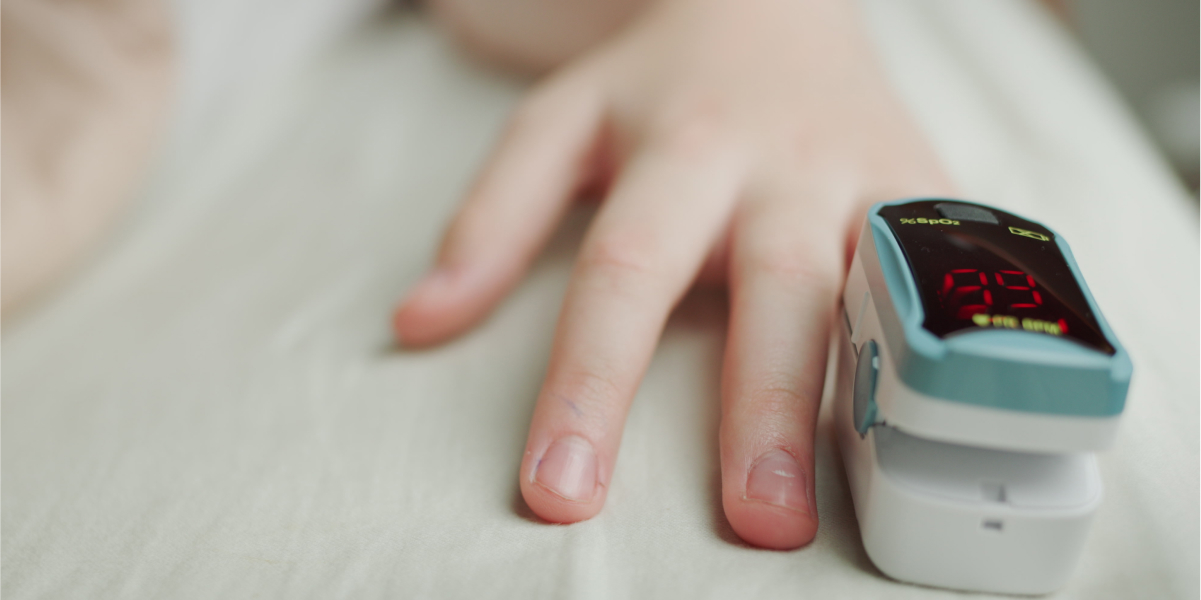Advances in technology sometimes have unintended and undesirable side effects. Hospitals and doctors have increasingly tried to use innovations in technology like computers, smartphones and other portable electronic devices to reduce the risk of medical mistakes.
These devices can improve response time, permit doctors to conduct efficient medical research and offer timely information on treatment protocols and pharmaceuticals. However, there is increasing evidence that these positive benefits of electronic communication technology may be outweighed by the distractions such devices can create. There have been an increased number of recent accounts of distracted members of medical teams that have been reported in the media, which have led to adverse results, including a nurse checking airfare during an operation and a neurosurgeon making personal calls during a surgical procedure.
A recent study revealed that more than half of all technicians that operate bypass machines admit to texting during heart or lung bypass procedures. A peer review study was published in a heart and lung bypass journal entitled Perfusion that involved 439 cardio-pulmonary bypass technicians. Fifty-five percent of the bypass technicians admitted making telephone calls on a cell phone during bypass operations while fifty percent admitted to texting during a bypass surgical procedure. These admissions are even more surprising given that forty percent of those surveyed indicated that they believed talking on a cell phone during a bypass procedure is always unsafe, and fifty percent said the same about texting during a bypass surgical procedure.
Some doctors and surgeons that have observed the transformation of portable electronic devices from aids to a higher standard of medical care to dangerous distractions have taken steps to curb the problem. A number of medical professionals have designated operating rooms “quiet zones” where no electronic devices are supposed to be used during a surgical procedure. Hospitals and medical professionals have spent billions of dollars on electronic devices based on a belief that the best patient care must be data driven and involve the most current cutting edge information.
The scope of the problem is revealed by a recent lawsuit filed by a patient that was paralyzed by a Colorado neurosurgeon. The neurosurgeon was found to have made at least ten personal mobile phone calls during the operation. The doctors subsequently settled the lawsuit for an undisclosed sum. Many presume that this type of medical malpractice is becoming increasingly prevalent as more young medical professionals for whom such gadgets are second nature continue to fill doctor’s offices and operating rooms.
Medical procedures require high levels of skill and concentration so the growing number of surgical distractions is a significant cause for concern. If you or someone you love is a victim of substandard medical care because of a distracted medical professional, you may be entitled to pursue an Atlanta medical malpractice lawsuit.
Our Atlanta medical malpractice lawyers are available to assist clients throughout all of Georgia and the Southeast, including but not limited to Albany, Athens, Atlanta, Augusta, Columbus, Gainesville, Macon, Marietta, Rome, Roswell, Savannah, Smyrna, Valdosta, Warner Robins and all smaller cities and rural areas in the state. No matter where you are located our attorneys are just a phone call away, and we will even come to you. Call us 24 hours a day/7 days a week for your Free Consultation at 1-800-LAW-NEED® (1-800-529-6333). You can also visit us online at www.montlick.com and use our Free Case Evaluation Form or 24-hour Live Online Chat.


